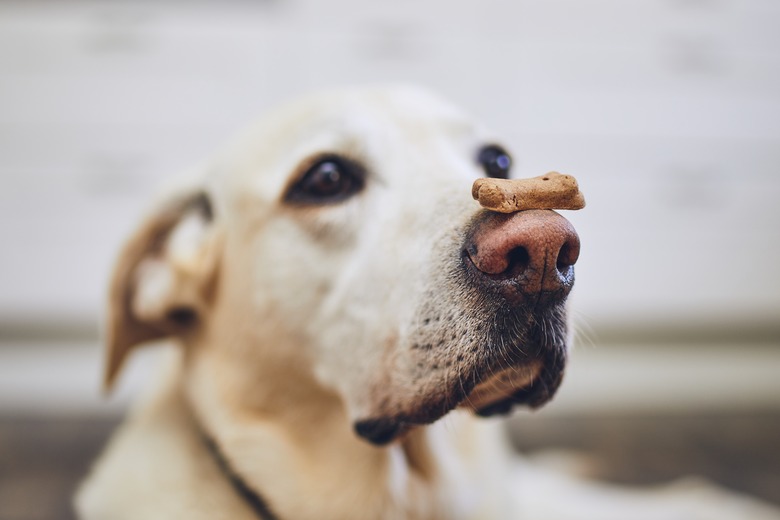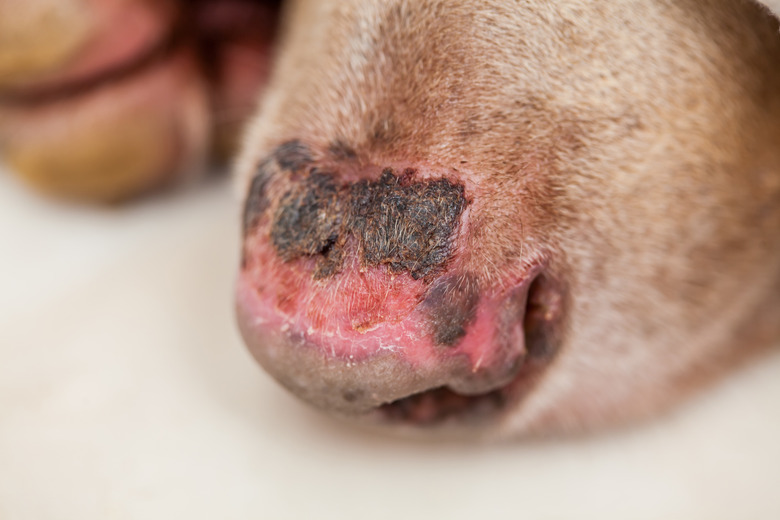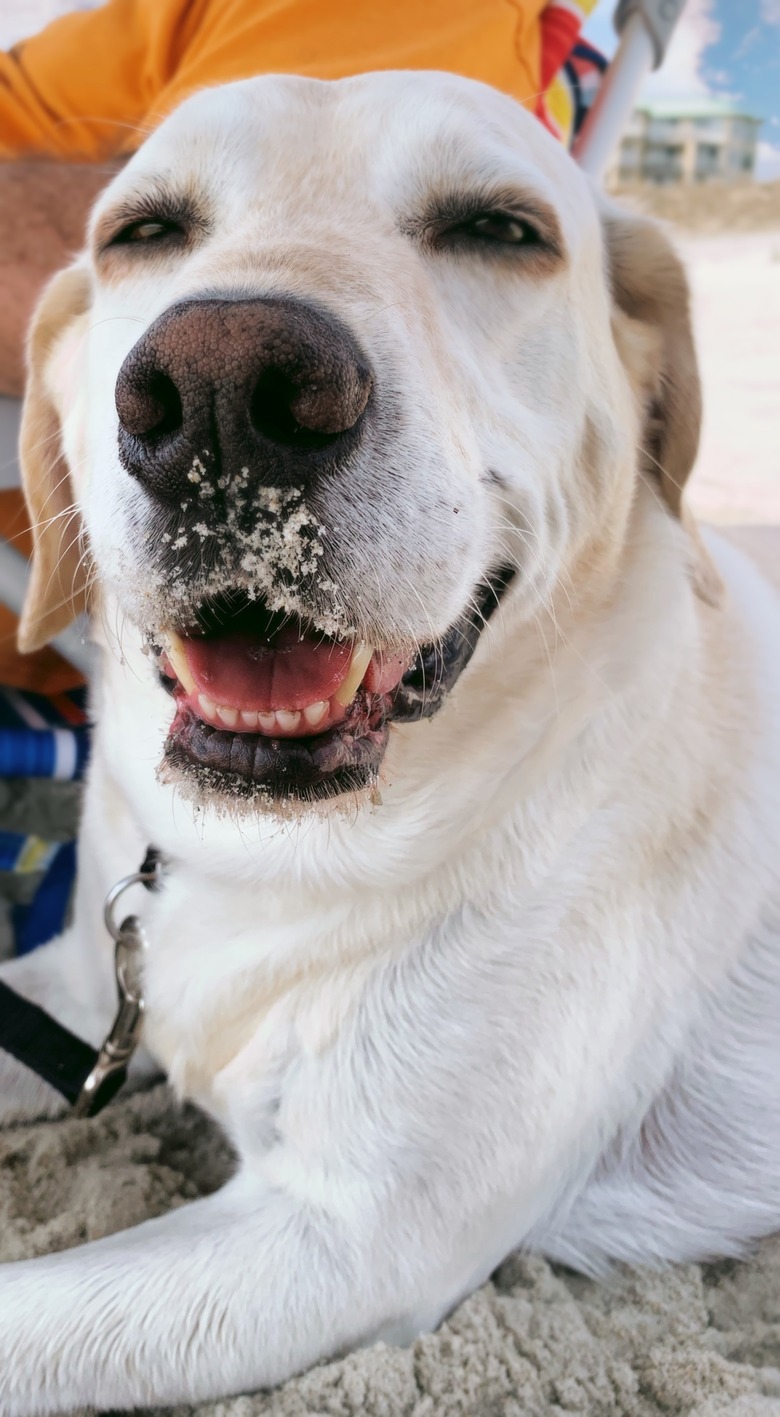Why Did My Dog's Nose Change Color?
Wondering why your pup's nose look a little different lately? Now is the perfect time to "nose" whether you should be concerned.
Why did my dog's nose change color?
Why did my dog's nose change color?
You may be concerned by the change of nose pigment in your dog. Perhaps you are worried that a change in nose pigment could be a sign of an immune disease or even skin cancer in your dog, but don't worry just yet. There can be many reasons that your dog's nose changes color, whether it be old age, change of weather, or even simple genetics.
Loss of nose pigment in dogs
Loss of nose pigment in dogs
No two dog noses are alike: whether your dog's nose is big, small, curious, or twitchy, it doesn't change the fact that dog noses change colors! But do not jump to conclusions just yet: according to AKC, your dog's nose pigment may differ, but this is not necessarily cause for alarm. In fact, for the most part, it can be a completely normal part of life for your furry pal and his schnozz.
Winter nose or "snow nose" in dogs
Winter nose or "snow nose" in dogs
According to the AKC, a dog nose that is cracked or differs drastically may be cause for a trip to your veterinarian, as this may a symptom of something more serious. Most likely if your dog loses pigment in his nose during the winter months, however, this is normal. Sometimes dog noses change colors during winter months, so his dark pigment will likely return when the weather is warmer and the longer days return. This process is known to repeat, so if this happens to your furry friend expect his pigment to fade as the winter months return. It even has a name: winter nose, or snow nose. Pink noses or noses lighter in color can be more prone to sunburn (which can leave your dog vulnerable to skin cancer), even during winter months, so be sure to put a little bit of sunscreen on your pup's winter nose before going out for a walk in winter wonderland!
Old age can cause loss of pigment in dog noses
Old age can cause loss of pigment in dog noses
As a dog ages, his nose pigment may change, and this is perfectly normal. Dog noses change color with age due to the enzyme in a dog's skin that produces melanin, called tyrosine. The level of tyrosine gets weaker as a dog ages, which can lead to discoloration or a loss of nose pigment in your pet.
Medical problems
Medical problems
Though it is normal for your dog's nose to change in color over time, in some cases it may be the sign of a medical condition.
Allergies
Sometimes dogs' noses can change color due to the result of an allergic reaction. Dogs can be allergic to the plastic in their food and water dishes, so if this is the case, replacing them with dishes in another material more suited for your friend will likely solve the problem.
Immune disease
According to VCA Animal Hospitals, often dogs' noses change color when faced with an auto immune disease like lupus. Although it can appear in many breeds, this change in nose pigment and it is often referred to as a "collie nose." Exposure to sunlight can be a potential trigger for this change in nose pigment. This is rare, but if you think there's any chance your dog may have an immune disease, schedule a vet checkup right away.
Conclusion
Conclusion
There are many reasons that your dog's nose pigment may change color. Your dog may be out during the winter months and experiencing seasonal changes to his snout, or perhaps he has allergies or an auto immune disease. It's important to remember that dog noses change color as a dog ages, and your dog may be experiencing a completely normal phase of his life if he is approaching his later years with a different nose pigment. As long as you are on the lookout for any unusual symptoms, you and your dog should be just fine. Staying happy and healthy is what's important!
Always check with your veterinarian before changing your pet's diet, medication, or physical activity routines. This information is not a substitute for a vet's opinion.


